Published on: 20th June 2023
Greater Manchester Resilience Hub has launched a new brave face campaign to encourage health and care staff across Greater Manchester to reach out for support.
Many health and care colleagues put on a brave face to keep working through incredible pressures and challenges. Often people who are struggling put on a brave face and hide how they're really feeling.
Sometimes it is hard to know what’s going on, or to accept it. We may feel judged or ashamed. We also don’t want to burden others and may be afraid to ask for help. Talking to someone can help process what you are going through and help you overcome the struggles you are facing.
Visit our Greater Manchester Resilience Hub page for info and read some stories from colleagues who have received support for their mental health. You can also share your own stories with us @PennineCareNHS on social media using #BraveFace.
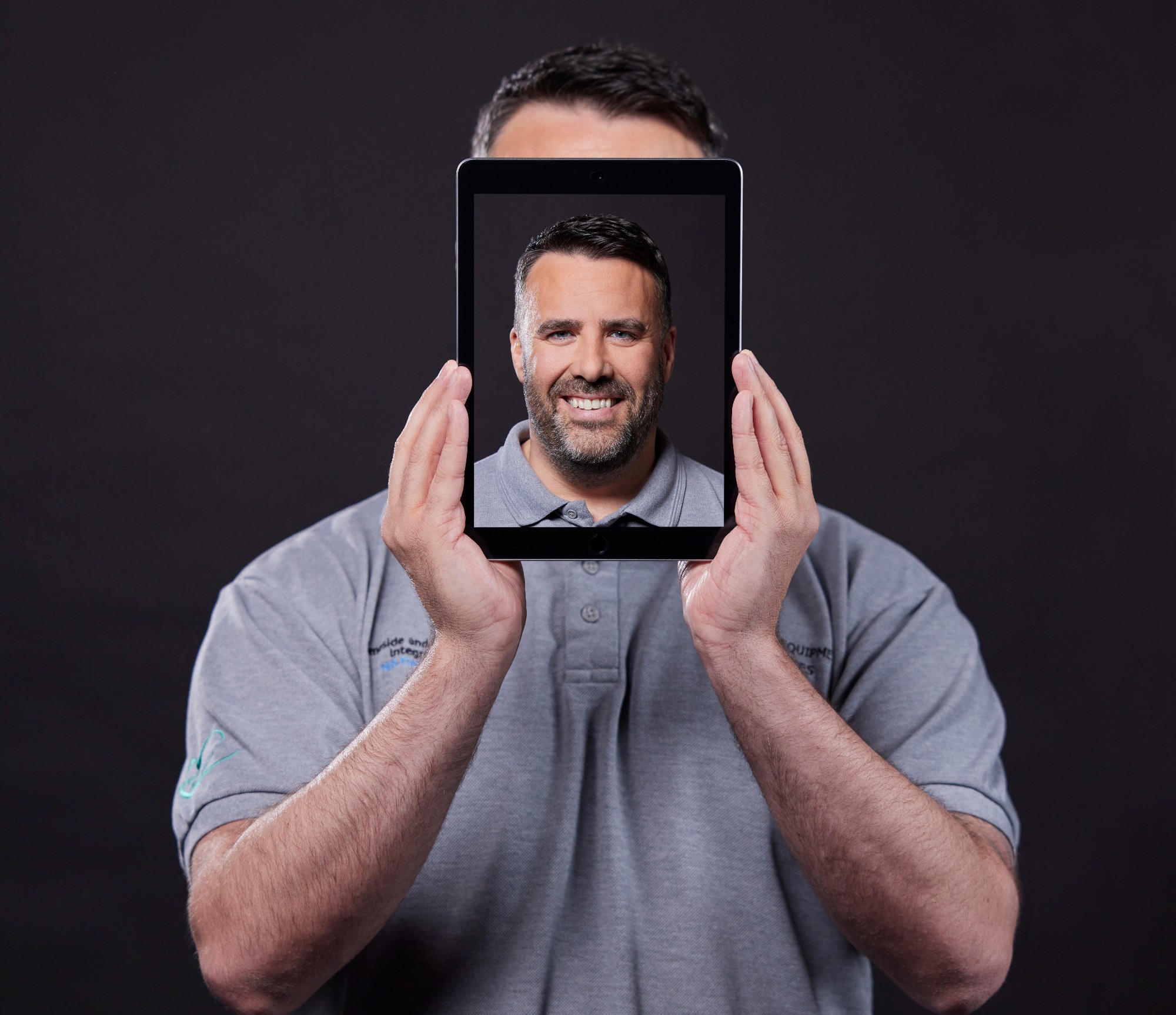 Andrew Wright, medical equipment educator and registered nurse, Tameside & Glossop Integrated Care NHS
Andrew Wright, medical equipment educator and registered nurse, Tameside & Glossop Integrated Care NHS
"Before I joined the NHS I worked in search and rescue and was also in the armed forces. I’d witnessed and experienced many difficult incidents that stayed with me for a long time. Leaving the army, trying to focus on my family, my career; I was fighting a battle inside me. Many men find it difficult to speak about how they’re feeling. I finally got the help and support I needed. I know now that not talking about things, not facing up to how I was feeling was not the right way."
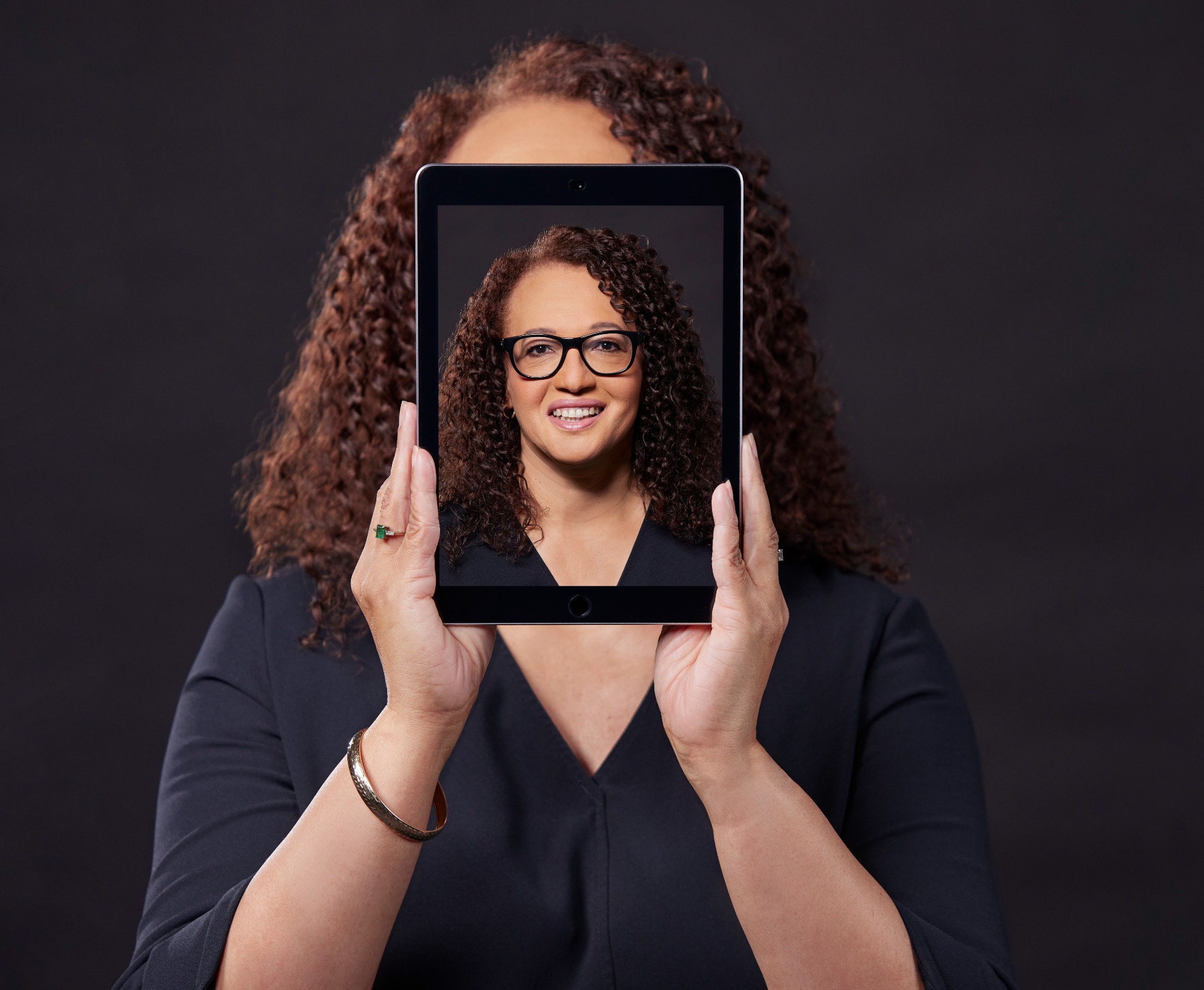 Ann-Marie Malley, patient safety specialist, Pennine Care NHS
Ann-Marie Malley, patient safety specialist, Pennine Care NHS
"As a leader, I found it hard to continue to be positive in crisis and always being in control, but when I took the opportunity to see a counsellor it was really helpful. It allowed me to talk about the challenging issues which were affecting my wellbeing, to share how I was feeling, and to explore my emotional response to my situation.
It’s always good to talk and having someone who was there to listen without judgement; as well as help and support me was central in helping me feel better and move on."
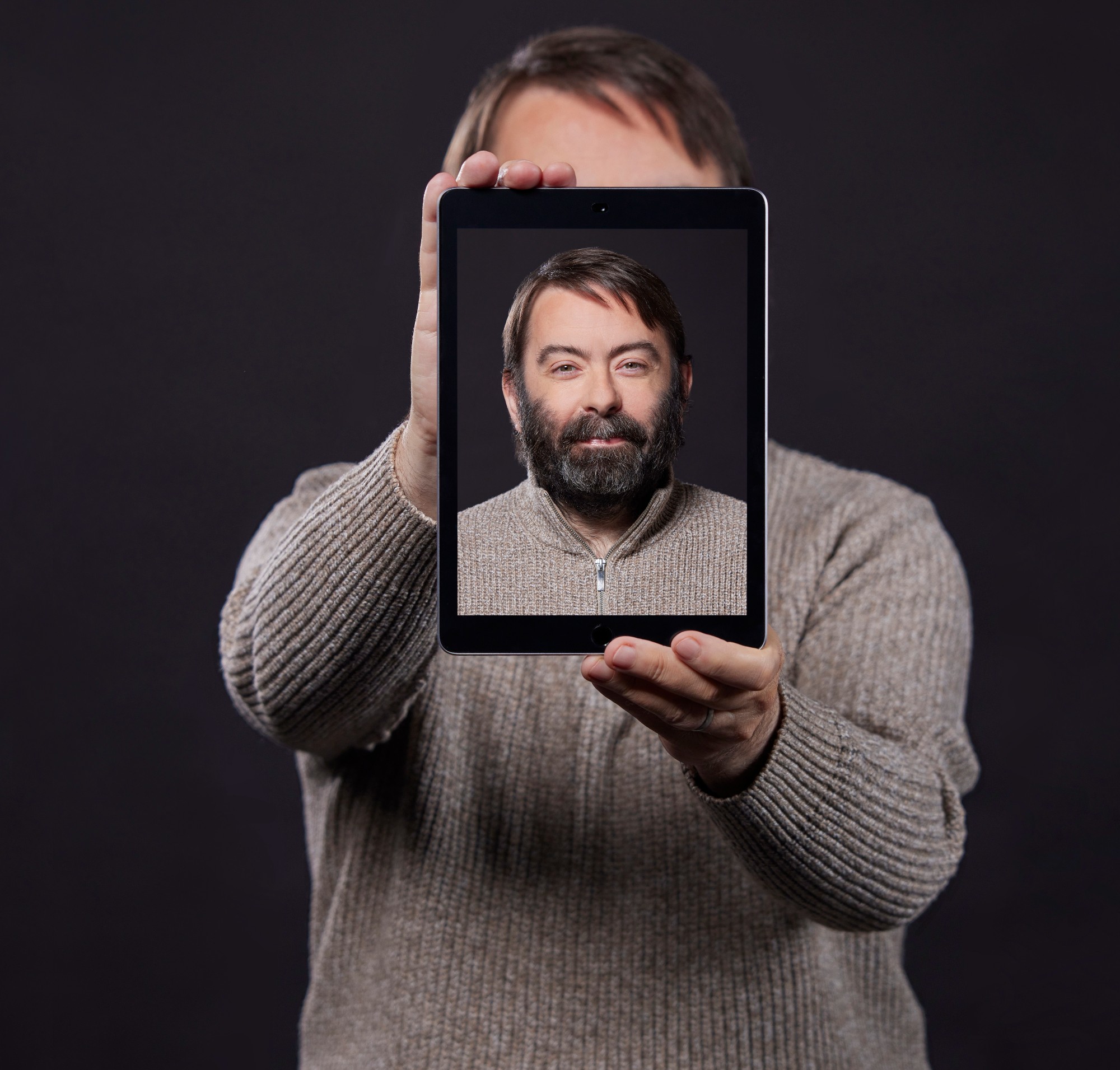 Alex Wormall, speech and language therapist, Tameside & Glossop Integrated Care NHS
Alex Wormall, speech and language therapist, Tameside & Glossop Integrated Care NHS
"About 12 years ago I took time off work as I wasn’t coping. I had gone through a relationship break up and was struggling to function. I put on a brave face, to not show I wasn’t collapsing, but it left me feeling panicky, exhausted and shaky. Taking time off and talking to someone helped me process what I had gone through. Now I’m able to recognise the signs when things are getting too much and I’m more aware of how I react to stressful situations."
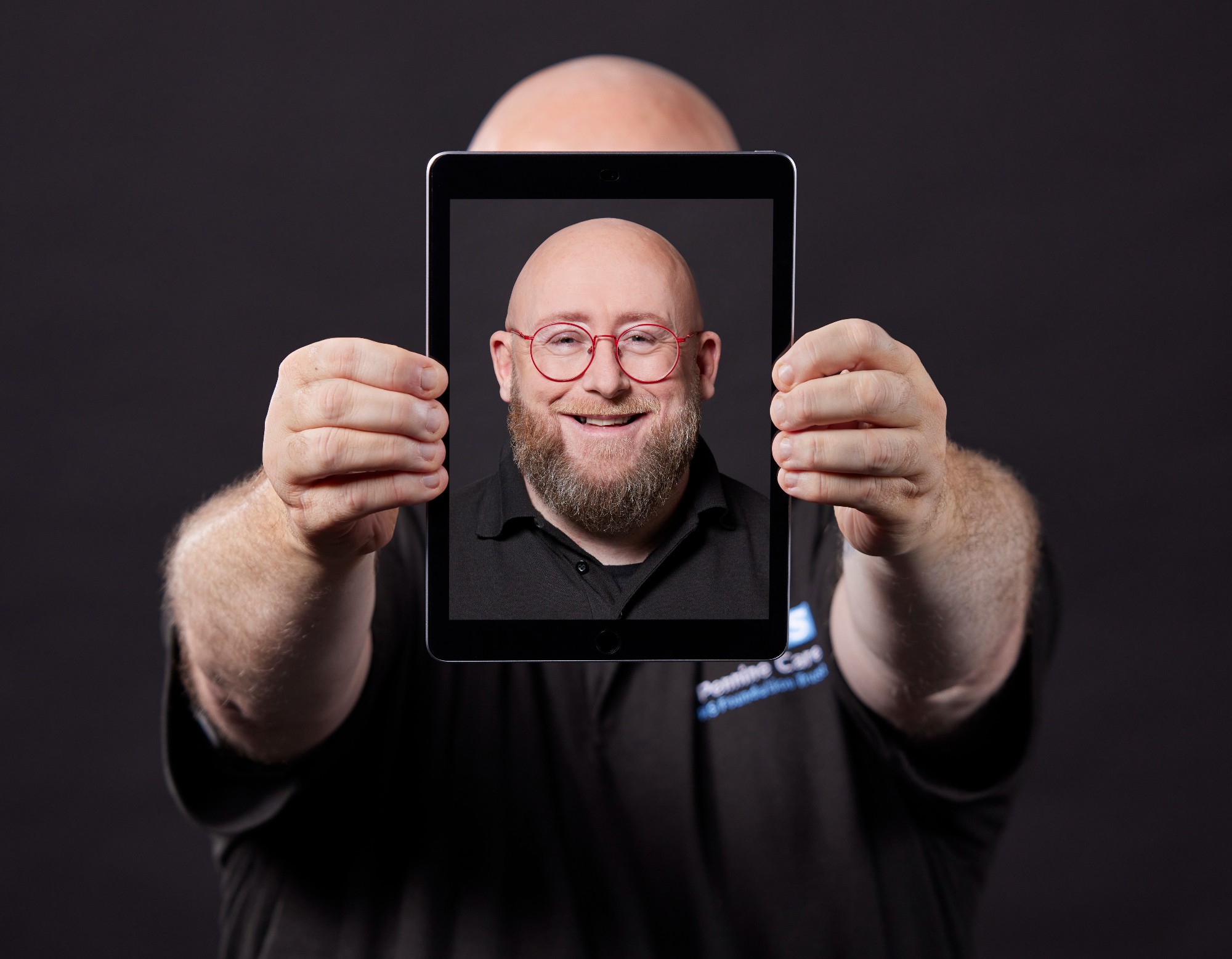 Francis Simpson, education associate, Pennine Care NHS
Francis Simpson, education associate, Pennine Care NHS
"I used the Resilience Hub for support during a period of high work-related stress when I worked on a mental health ward. We’d had to deal with a lot of burnout and sometimes death, I’d tried to carry it all around with me and cover it with a brave face but it came to a point where I realised I needed support.
Talking to the Hub helped get it off my chest and move on. A lot of people don’t talk about their challenges, but they should as it’s the best way to start overcoming them. It’s easier to deal with once you’ve spoken about it enough, you heal through acceptance."
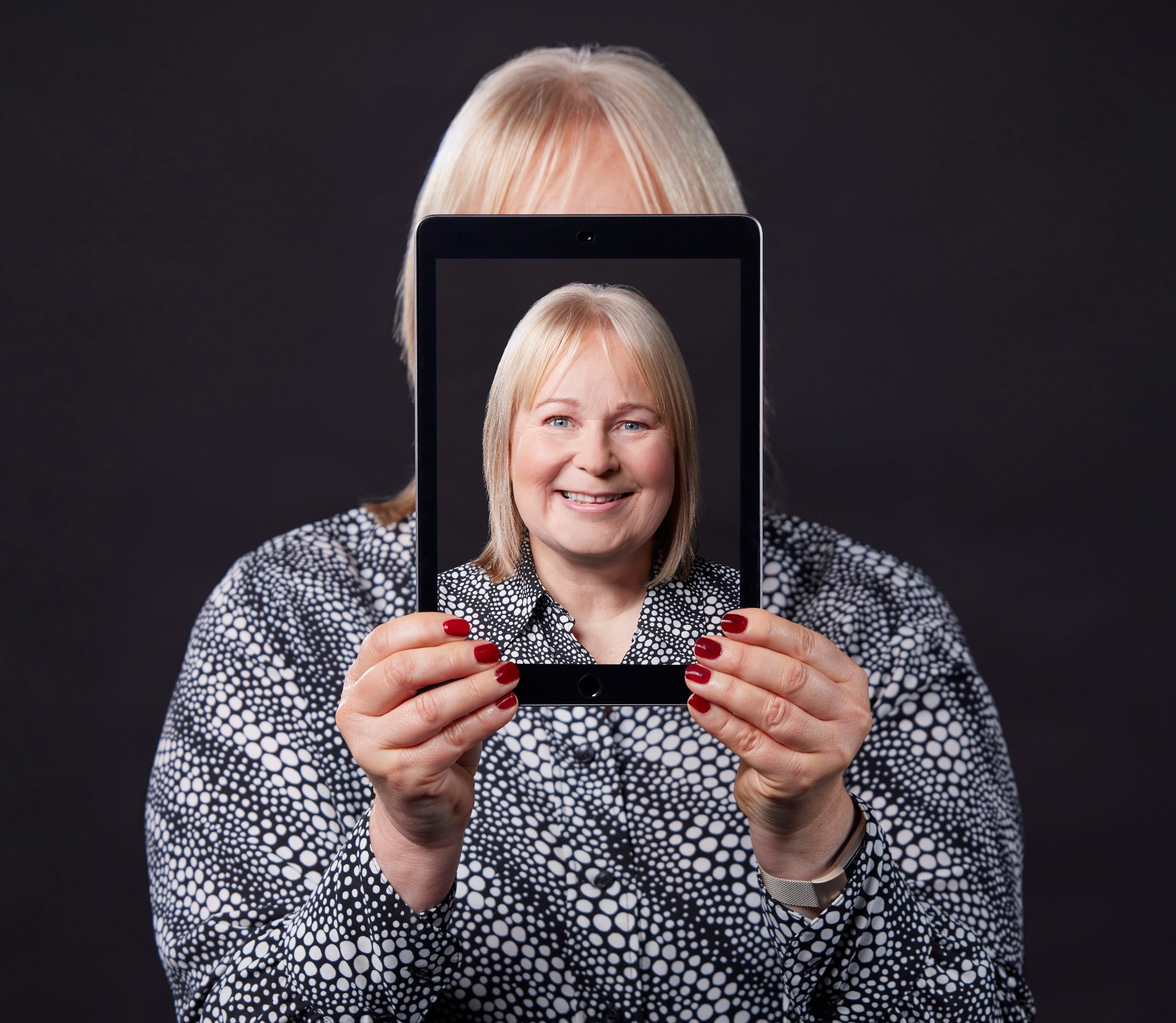 Helen Kay, senior information analyst at NHS Greater Manchester Integrated Care
Helen Kay, senior information analyst at NHS Greater Manchester Integrated Care
Five years ago a family member took their own life, I tried to put on a brave face but I needed help. I was initially resistant because of the stereotypes and judgements some people attach to mental health. After I saw a professional, I realised how good it can be for you. So much so I’ve now trained to be a mental health wellbeing advocate to help others.
It’s a different world now, we talk about mental health much more and you don’t need to dwell on your pain. It’s a not a taboo to get help with something you’re struggling with.
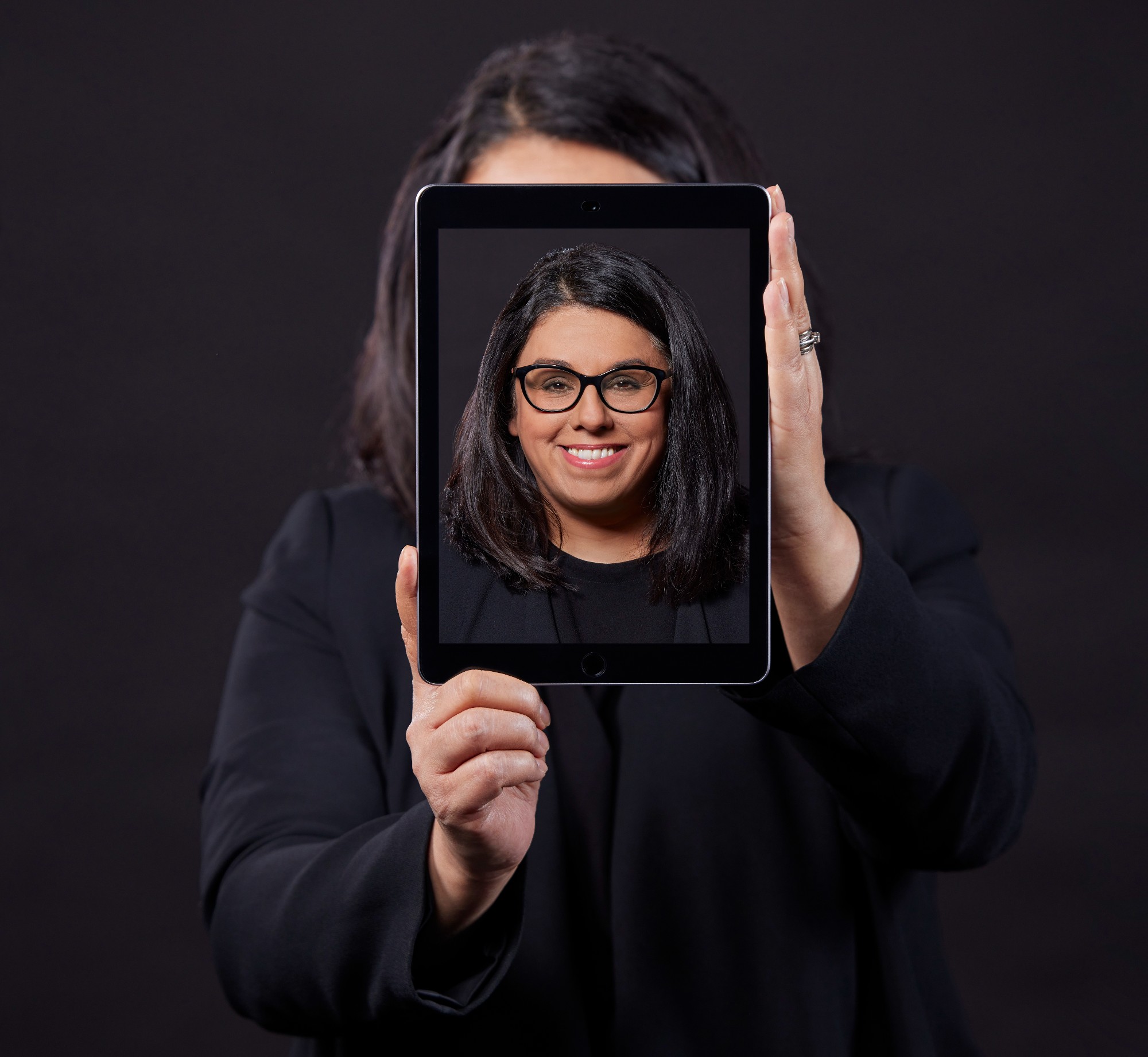 Manisha Kumar, chief medical officer, NHS Greater Manchester Integrated Care
Manisha Kumar, chief medical officer, NHS Greater Manchester Integrated Care
"The hardest time I had to put on a brave face was when my father passed away 3 weeks before I started as chief medical officer of NHS Greater Manchester Integrated Care.
I was heartbroken – but I had to focus on the here and now as others needed me to model resilience and show leadership at a time of difficult change .
I am grateful to those who knew, their compassion and understanding kept me going. I made sure I took time away, to be with family and to celebrate him.
Talking helped – sharing, hearing the stories of other people who had lost someone pivotal in their lives. My mindset switched from missing my Dad – to being so grateful to have had someone wonderful for so long."
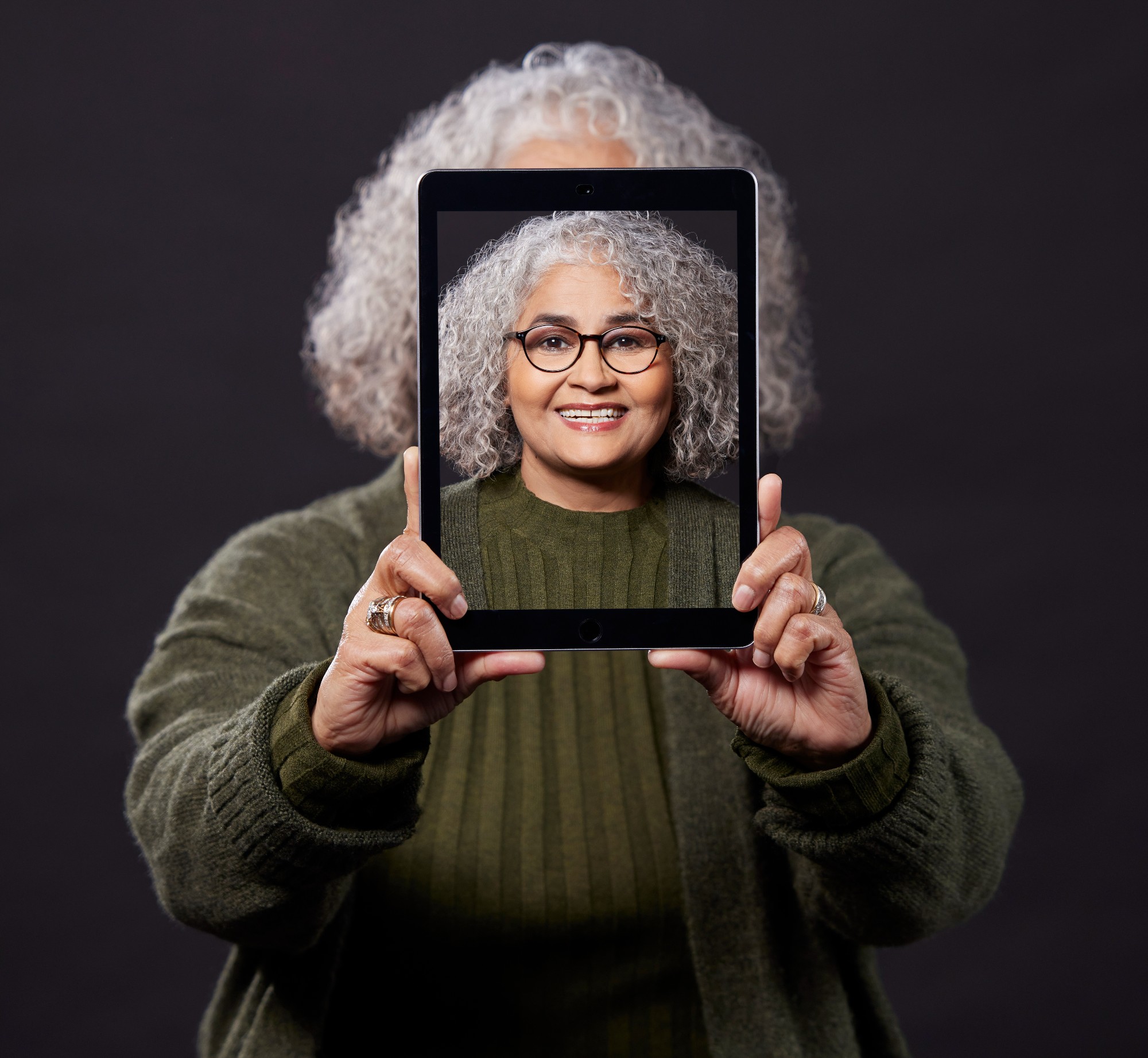 Purnima Dhorajiwala, ward administrator on Arden Ward, Pennine Care NHS
Purnima Dhorajiwala, ward administrator on Arden Ward, Pennine Care NHS
"All my family were in India and I had to adapt to a new culture and life with my husband when I moved to the UK. I felt isolated and I had to do all my qualifications again and a lot of people doubted me, so I had to show guts and become a fighter. I think it’s important to not give up and be open to letting other people help you. Lots of people will want to help you and it’s perfectly ok to accept that help."
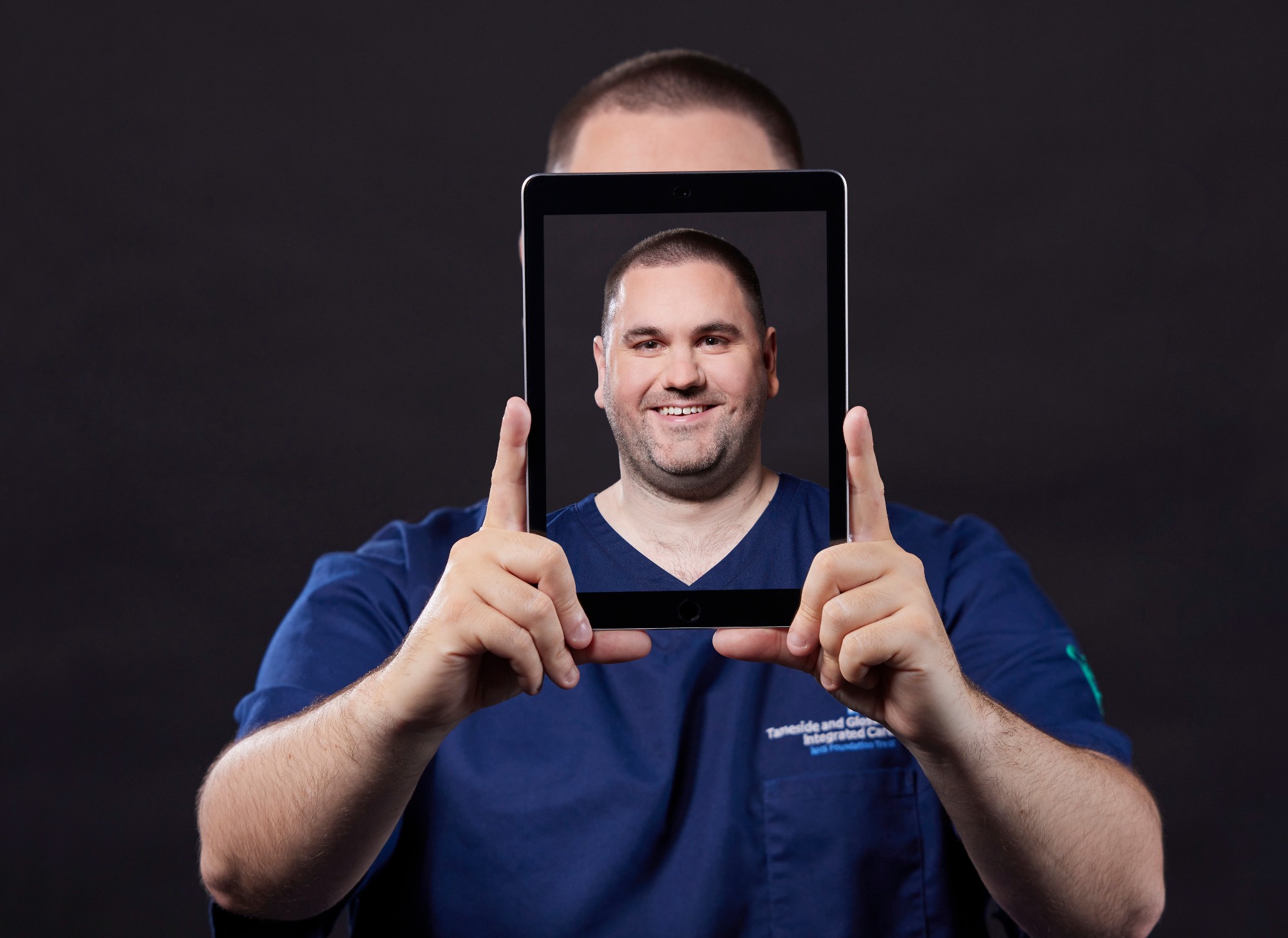 Robert Scatigno, infection prevention and control nurse, Tameside & Glossop Integrated Care NHS
Robert Scatigno, infection prevention and control nurse, Tameside & Glossop Integrated Care NHS
"I had to deal with a bereavement and counselling was a safe space. I could talk freely about what was going on without worrying about what others would think, it felt like the weight of the world was lifted from my shoulders and I could talk without fear.
You are the important person in your crisis, so it’s about you dealing with what’s going on inside you. I’ve seen people with their own issues who didn’t get the help they needed and all it did was put a strain on their life around them."
 Simon Sandhu, medical director, Pennine Care NHS
Simon Sandhu, medical director, Pennine Care NHS
"As healthcare professionals we often have to maintain stability, keep calm, and stay in control of ourselves. But that doesn’t mean we should hide that emotional toll. It’s important that we get it off our chest, share our feelings and not carry the burden alone. Having a place like the Resilience Hub, where you can talk without judgment, is vital. Discussing your problems helps you realise you’re not alone and your experience is often one others are going through too."